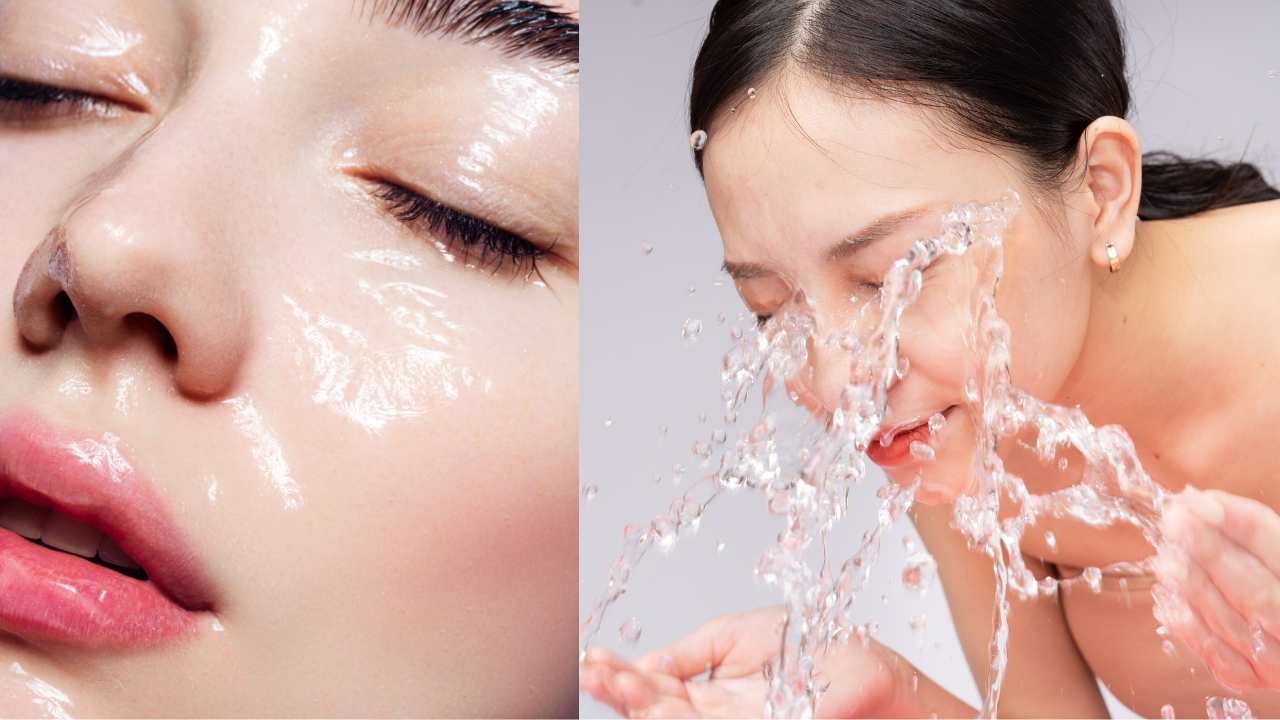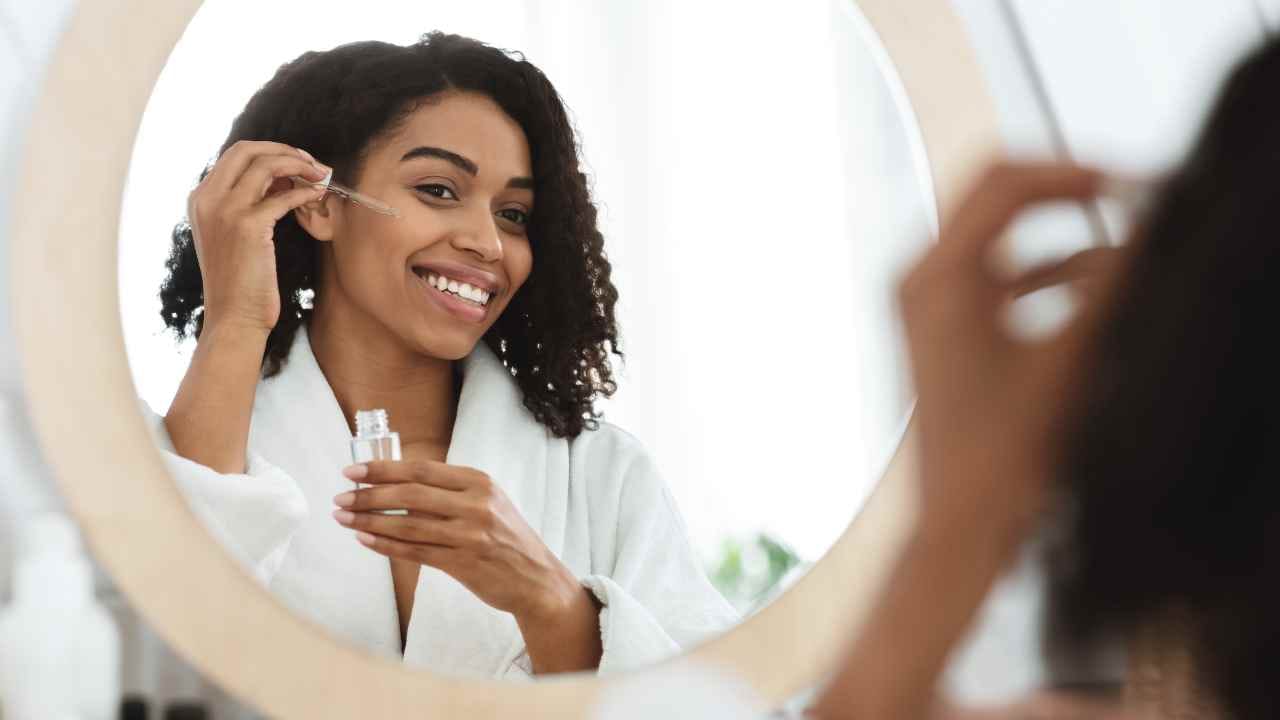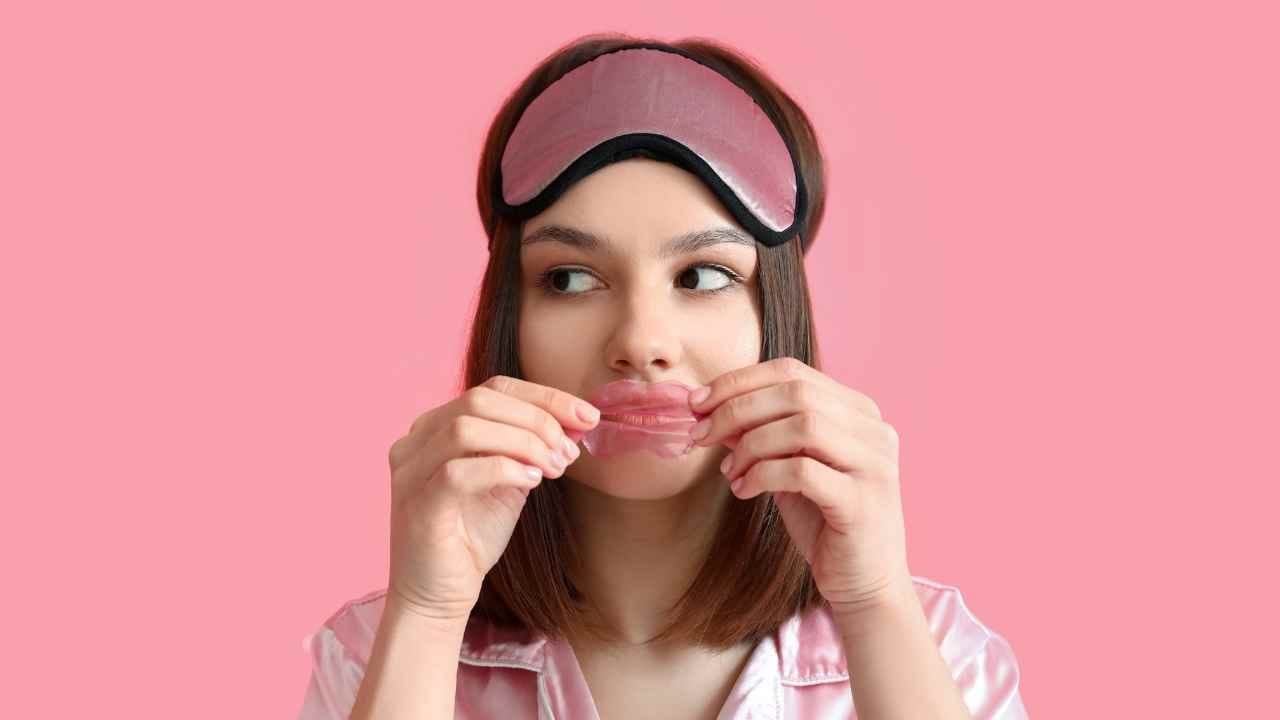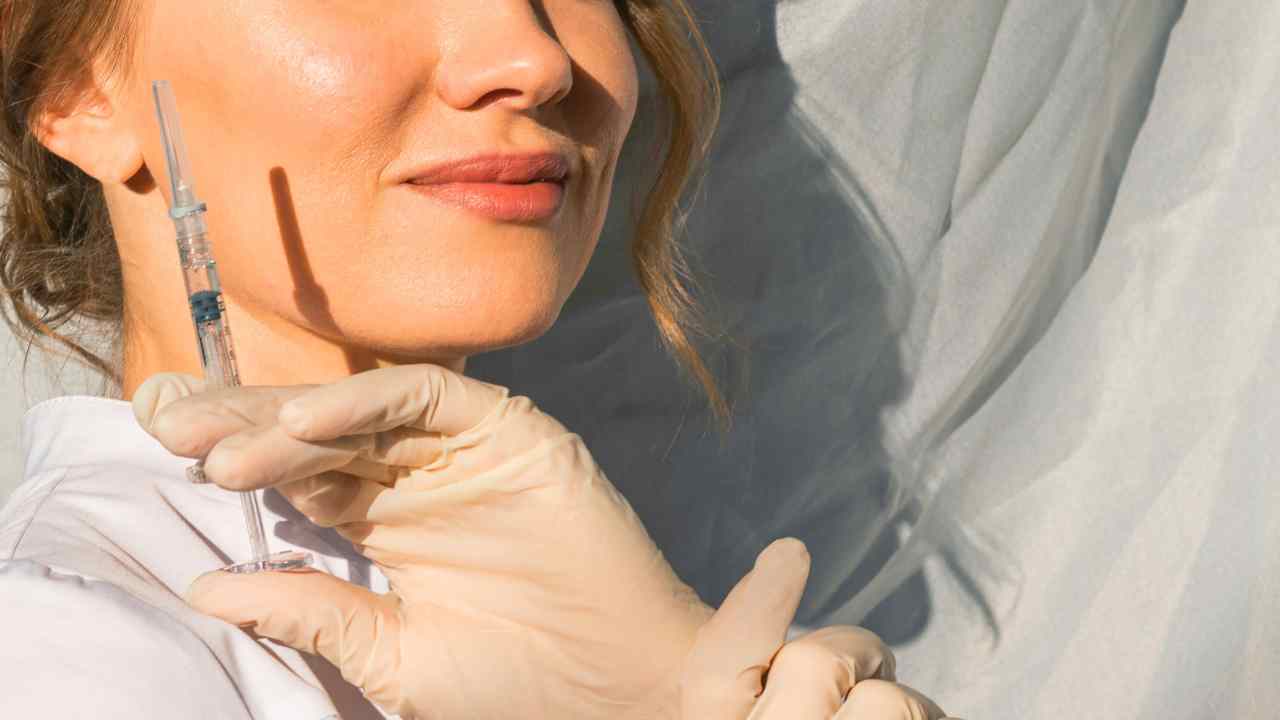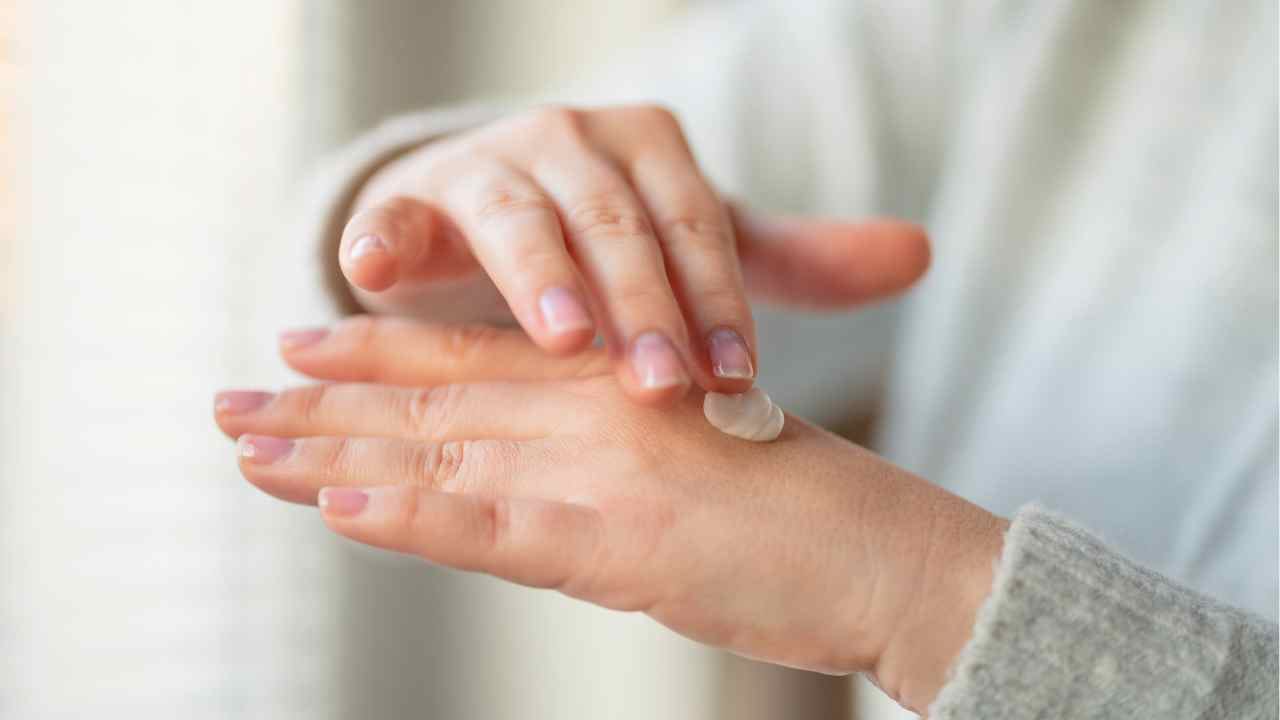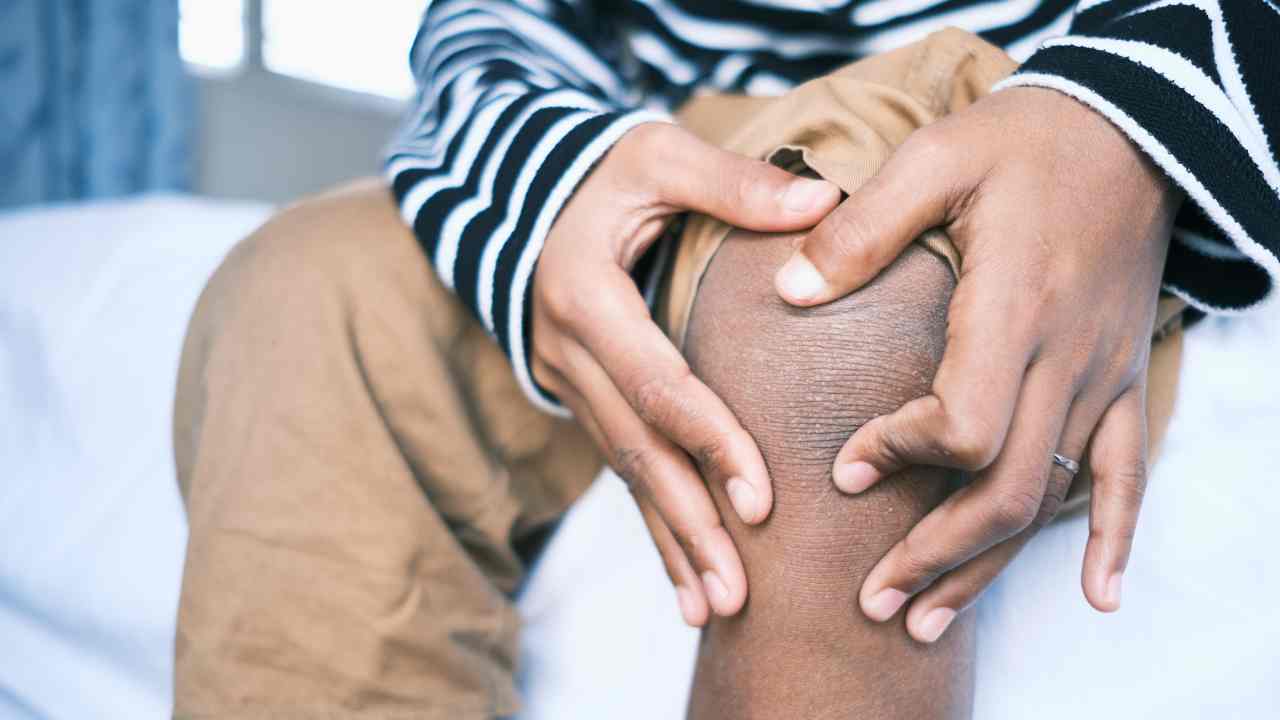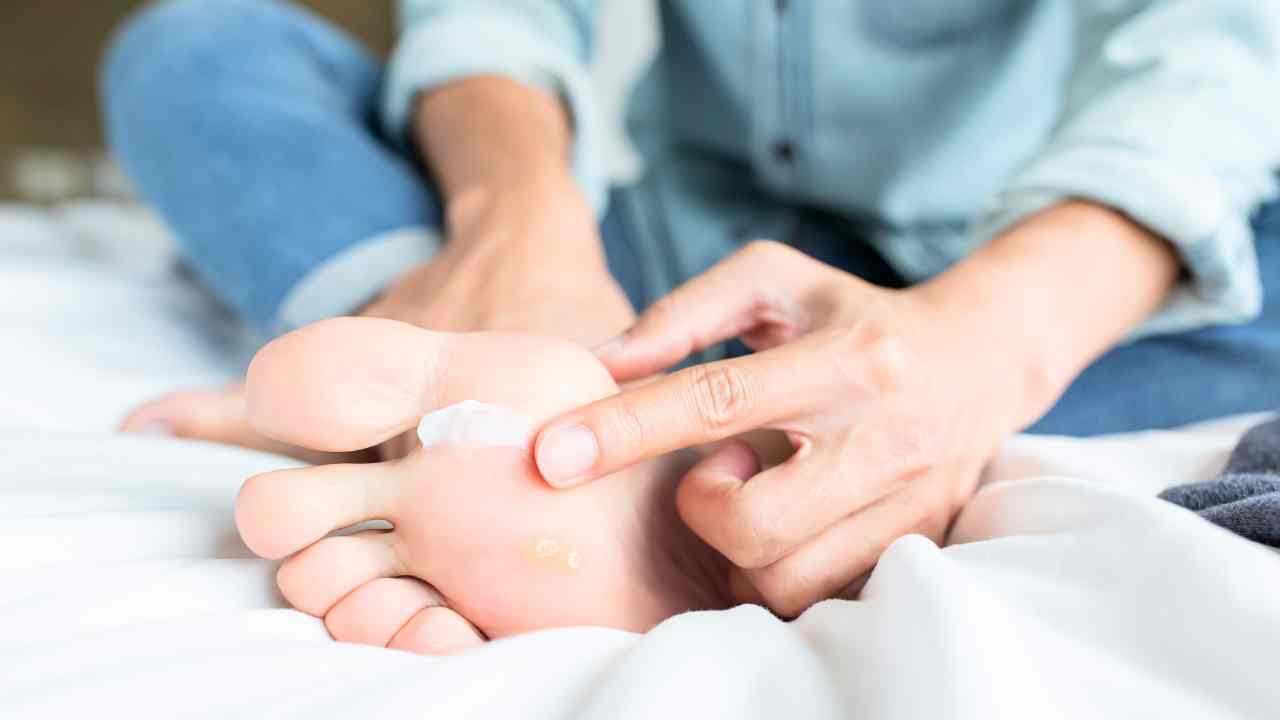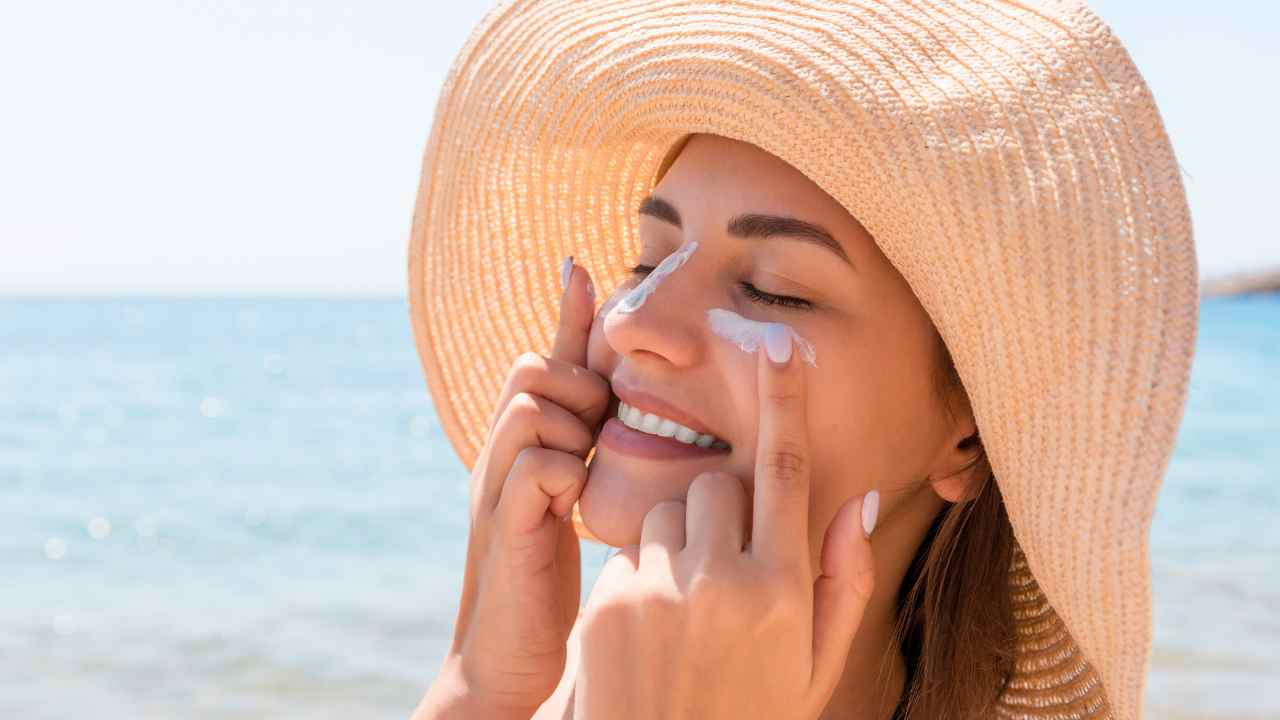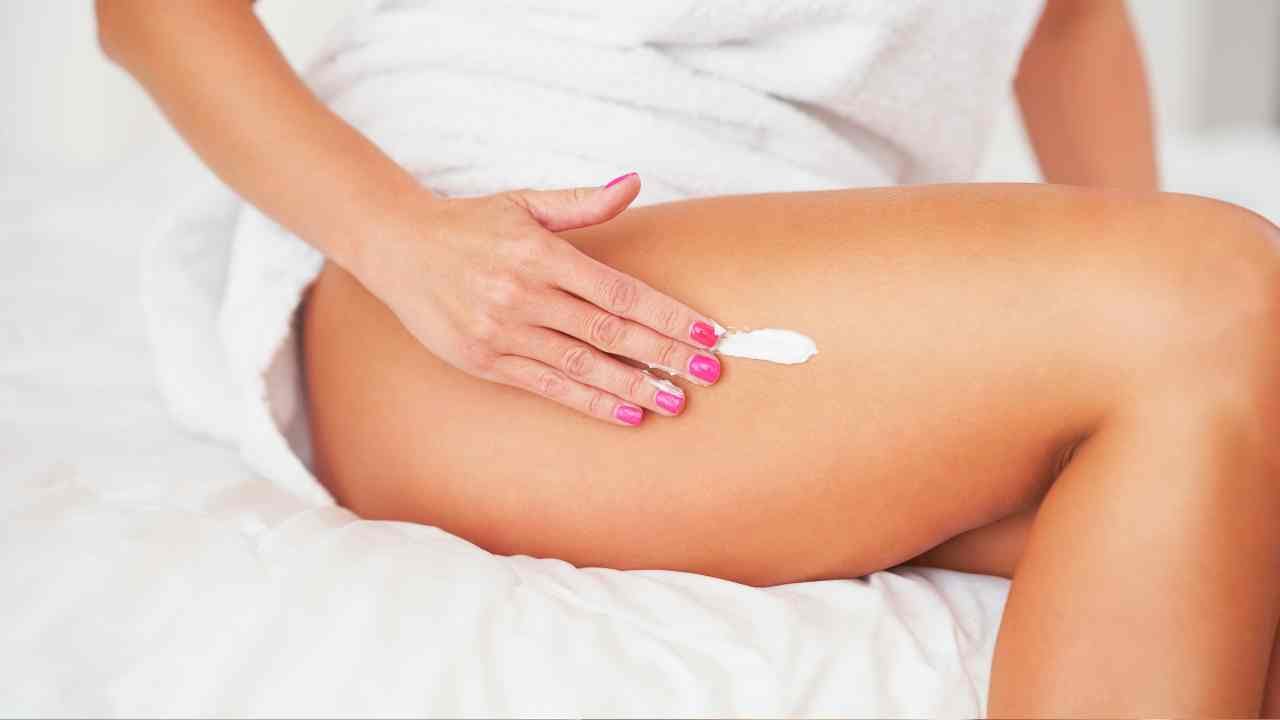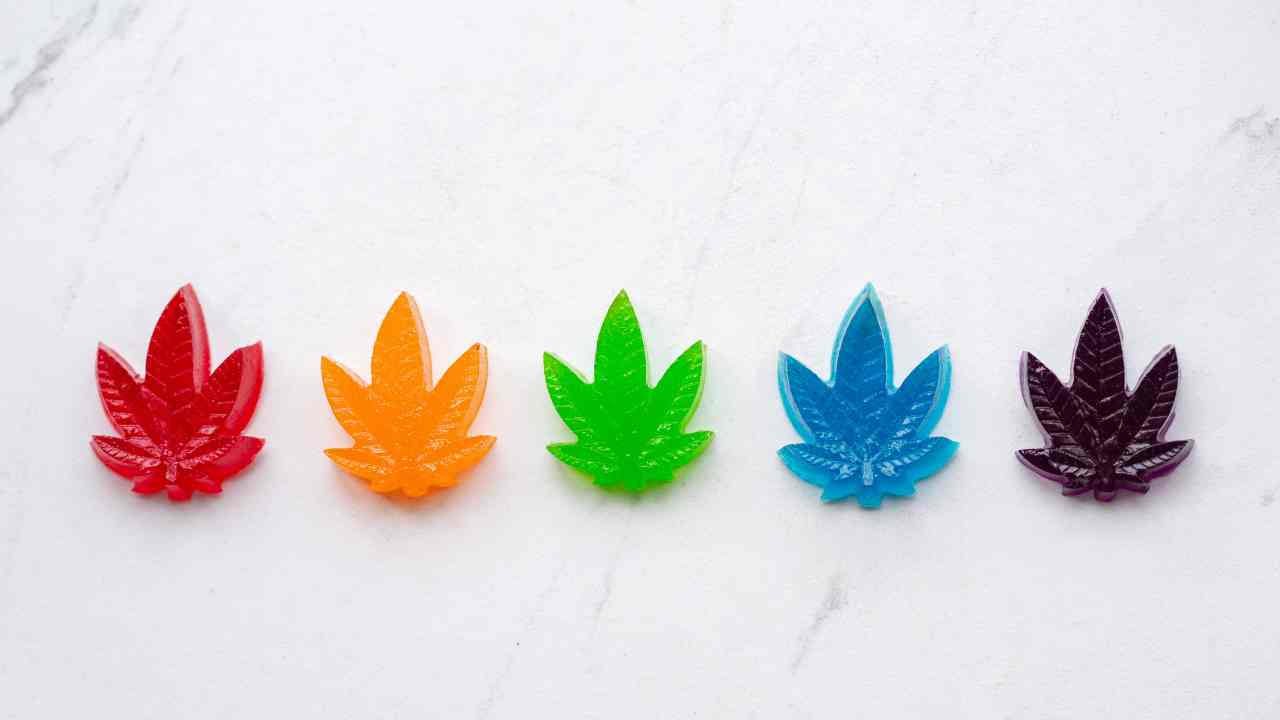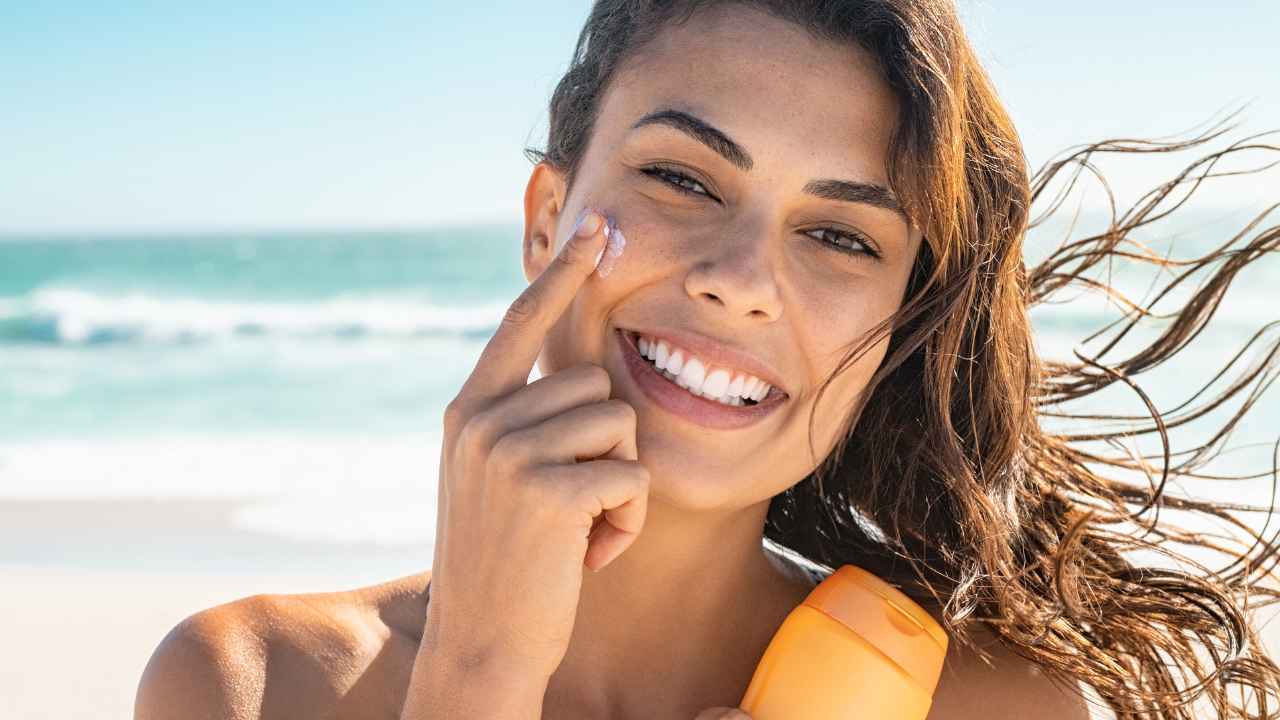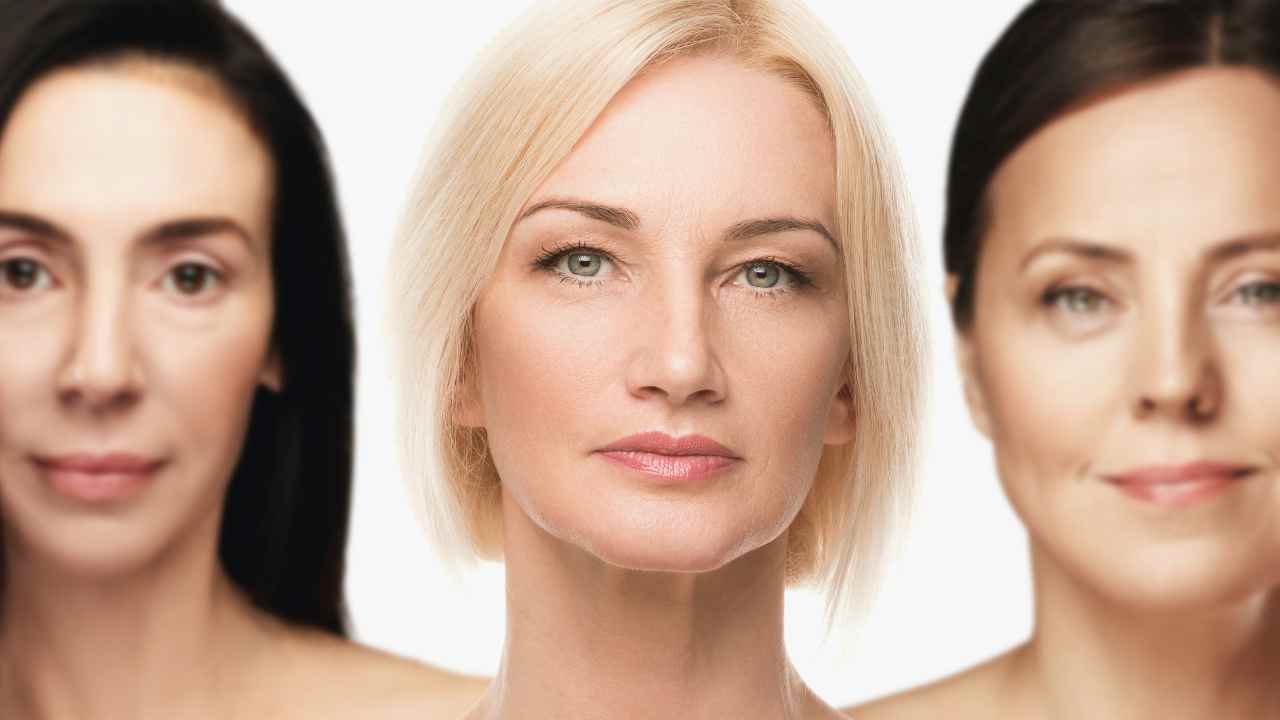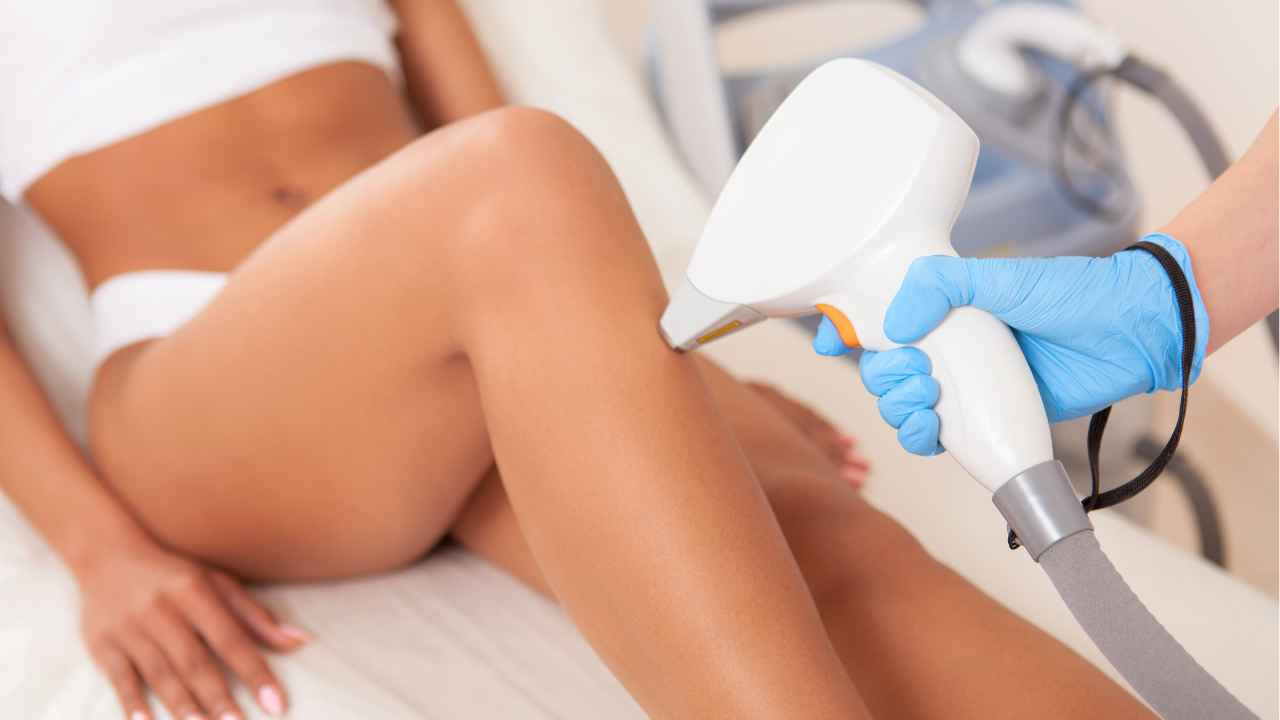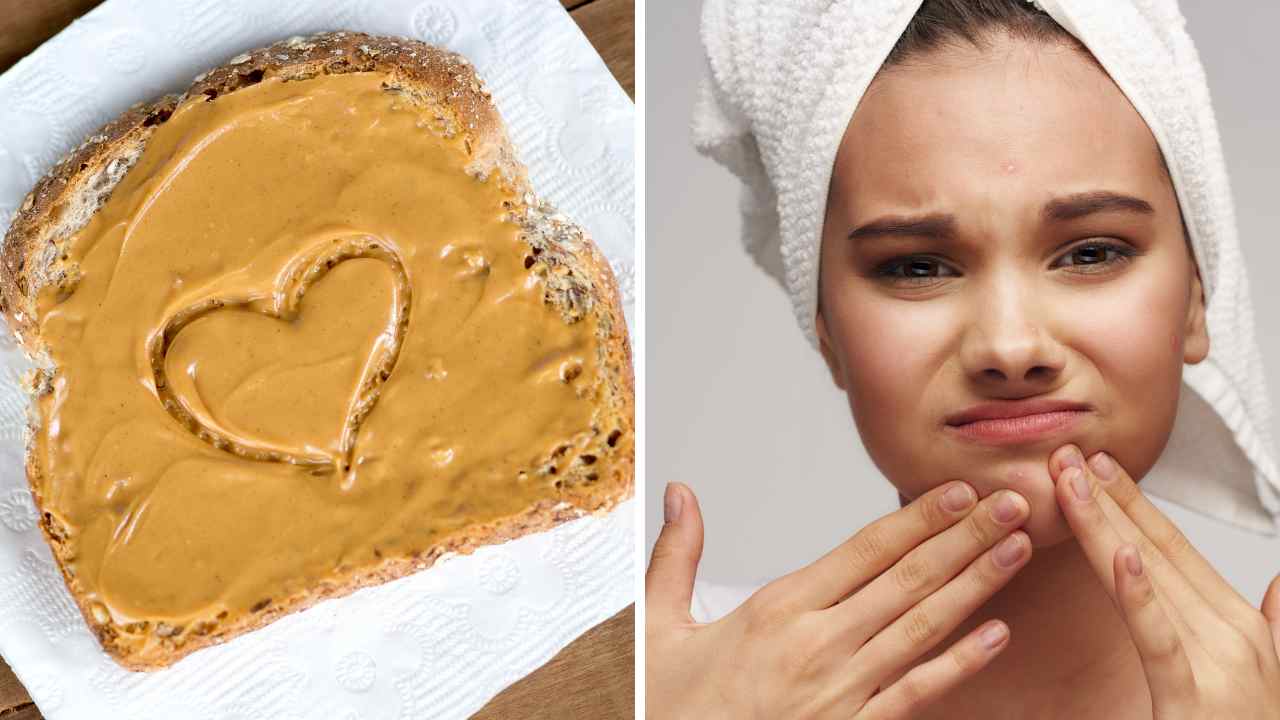
Peanut Butter & Pimples: Does Peanut Butter Cause Acne?
Do you love peanut butter? So do we! After all, there's nothing quite like a big ol' spoonful of creamy nutty goodness spread on some toast.
But have you heard the debate? Does eating peanut butter cause acne? Both sides of the aisle are passionate about their argument, so we thought it was time to dive in and get to the bottom of this great peanut butter debate.
Let's separate fact from fiction and figure out if our beloved go-to snack really causes breakouts. Slather on some knowledge as we embark on an exciting PB journey full of twists and turns!
Acne and its Triggers
Before we delve into the peanut butter debate, let's first understand acne. Acne is a super common skin condition that can include the presence of pimples, blackheads, whiteheads, and sometimes cysts. Acne occurs when hair follicles get infected with too much oil, dead skin cells, or bacteria which causes clogged pores.
While there isn’t one single factor that can trigger acne, certain lifestyle choices have been known to increase the chance of breakouts. The most common inflammatory acne triggers include:
Everyday Stress
Stress hormones like cortisol increase production of oil on your skin, which results in clogged pores and pimples! It's important to take care of yourself by getting enough sleep, managing stress levels through exercise or talking it out with friends, and finding healthy ways to cope with anxiety.
Hormonal Changes
Changes in hormones during puberty or due to menstrual cycles (for women) can lead to excess oil production on the face. This can result in breakouts if pores become blocked through poor hygiene habits or unclean makeup brushes or applicators.
Targeted skincare products are available for hormonal related issues such as Intense Pulsed Light (IPL) treatments that reduce redness from blemishes without making them worse.
Skincare Products
Even though many skincare products promise amazing results for reducing blemishes and wrinkles — some contain harsh chemicals that irritate sensitive skin types leading to unwanted breakouts.
Instead opt for gentle cleansers and moisturizers free from SLS/SLES and paraben preservatives whenever possible. Read labels carefully before purchasing new products!
Skin Contact With Greasy or Oily Substances
Having fried chicken for dinner? Changing the oil in your car? Any contact with oily substances may directly transfer oils onto our faces which adds up eventually leading into more aggravated breakout cycle. Try avoiding grease and oils on your face at all costs.
Poor Diet or Food Allergies
Diet plays a role in skin health, including the potential influence on acne. While the exact relationship between a healthy diet and acne is complex and still being studied, certain foods have been associated with acne development.
These include high-glycemic foods, dairy products, and potentially foods rich in certain fats which could make acne worse.
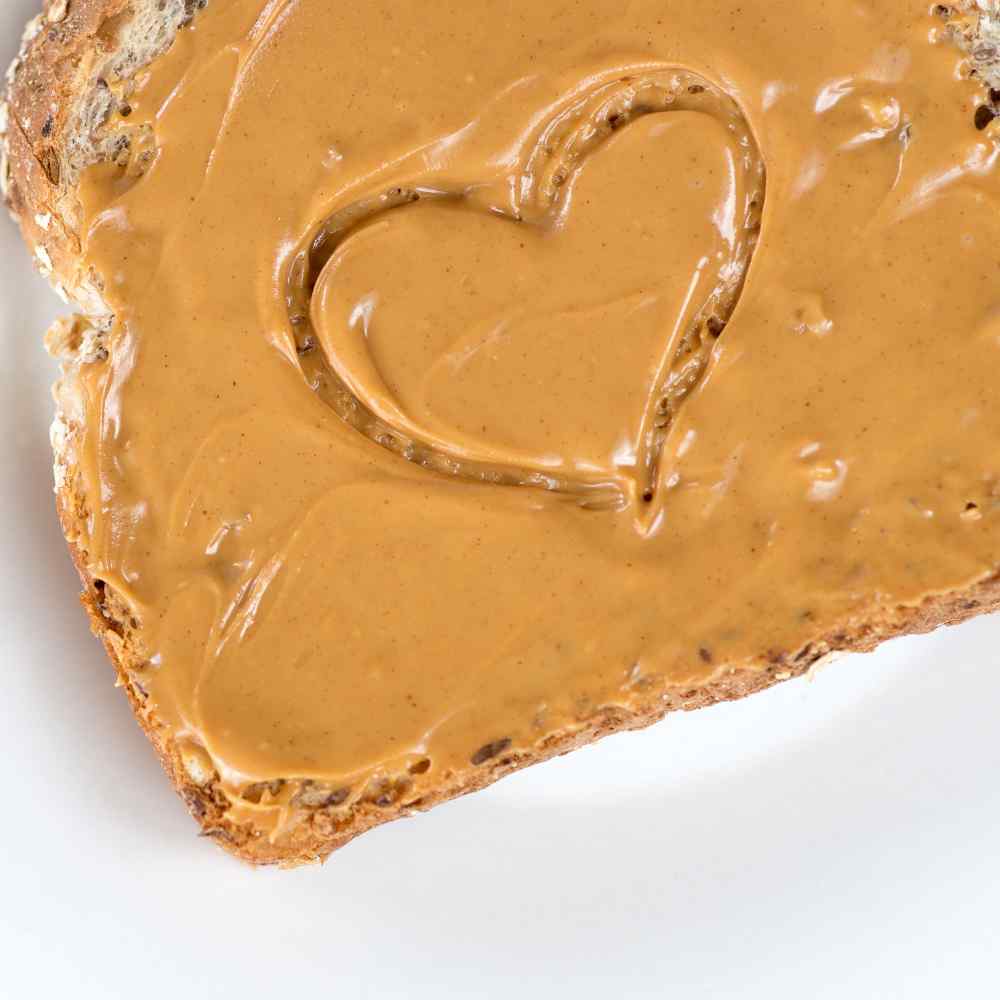
Peanut Butter: Nutritional Profile
Peanut butter is a popular food made from ground peanuts, often mixed with vegetable oils and sweeteners. It is a good source of protein, healthy fats, vitamins, and minerals.
Peanut butter contains monounsaturated fats, which are considered heart-healthy and beneficial for overall well-being. It also provides a decent amount of vitamin E, niacin, magnesium, and other nutrients.
The Peanut Butter vs. Acne Debate
Glycemic Index
One aspect often associated with acne is the glycemic index (GI) of foods. The glycemic index measures how quickly a food raises blood sugar levels.
High-glycemic foods, such as sugary snacks or white bread, are thought to cause more significant fluctuations in blood sugar levels, potentially triggering inflammation and acne.
Peanut butter has a relatively low GI, which suggests it may have a lesser impact on blood sugar levels compared to high-glycemic foods.
Omega-6 Fatty Acids
Another point of concern is the ratio of omega-6 fatty acids to omega-3 fatty acids in the diet. An imbalance between these two types of fats may contribute to inflammation, which can affect acne. Peanut butter contains higher levels of these essential fatty acids.
However, it's important to note that a balanced diet, including a variety of foods, can help maintain a proper omega-6 to omega-3 ratio.
Allergies and Sensitivities
Some individuals may have peanut allergies or sensitivities, which can manifest as skin reactions, including acne-like breakouts.
If you suspect an allergy or sensitivity to peanuts, it is essential to avoid consuming peanut butter and seek medical advice for proper diagnosis and guidance. You can also try other nut butters instead, for example almond butter or cashew butter.
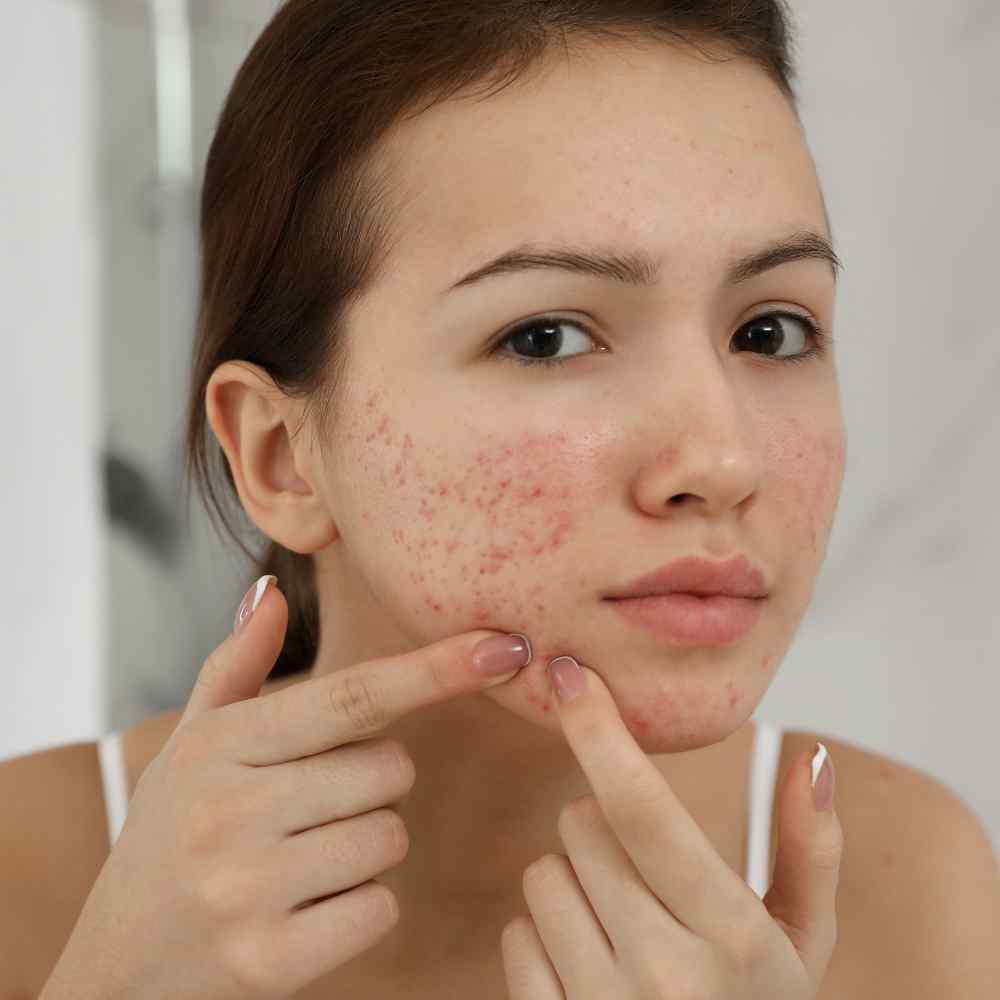
The Individual Factor
It's crucial to remember that everyone's body responds differently to various foods. While some individuals may experience acne flare ups after consuming peanut butter, others may not notice any effects at all.
Factors such as genetics, overall diet, skincare habits, and individual sensitivities can influence how your skin reacts to specific foods.
Abraham Khodadi, a pharmacist and YouTuber, recommends keeping a food diary to see if peanut butter is the cause of your pimples.
Maintaining a Balanced Approach
While there is no definitive scientific evidence proving that regularly eating peanut butter directly causes acne, it's always advisable to maintain a balanced approach to your diet. Here are a few tips to consider:
Moderation is Key
Enjoy peanut butter in moderation as part of a balanced diet. Remember that excessive consumption of any food, even a nutritious one, can potentially lead to imbalances in the body.
Opt for Natural Peanut Butter
Choose natural peanut butters that contain minimal ingredients, avoiding added sugars or hydrogenated oils. Look for brands that use only peanuts and salt, or consider making your own peanut butter at home.
Observe Your Body's Response
Pay attention to how your skin reacts after consuming peanut butter. If you notice a correlation between breakouts and peanut butter consumption, you may want to reduce your intake or explore alternatives.
Focus on a Healthy Lifestyle
Maintain a healthy lifestyle that includes a well-rounded diet, regular exercise, proper hydration, and a consistent skincare routine.
These factors contribute to a healthy immune system and overall skin health which may help minimize the impact of any potential acne triggers.
Consulting a Dermatologist
If you're struggling with hormonal acne and are uncertain about the potential impact of peanut butter or any other food on your skin, it's advisable to consult a dermatologist.
They can evaluate your specific situation, provide personalized recommendations, and guide you on an appropriate acne management plan.
Peanut Butter & Pimples
To sum it all up: peanut butter won't ruin your skin, but it's still important to keep an eye on what you eat and avoid acne causing food choices.
If acne prone skin is something you're dealing with, managing your diet and working with a dermatologist are both important to finding an effective routine.
It's also important to be aware of which foods, for example dairy products or fatty fried foods, may make matters worse and cause inflammation.
And if the decision comes down to forsaking peanut butter or fighting acne breakouts, it doesn't have to be an either-or situation - showing your skin some extra love in other ways can help keep everything looking rosy.
So go ahead and grab that spoonful of peanut butter - just remember a balanced lifestyle is key!



